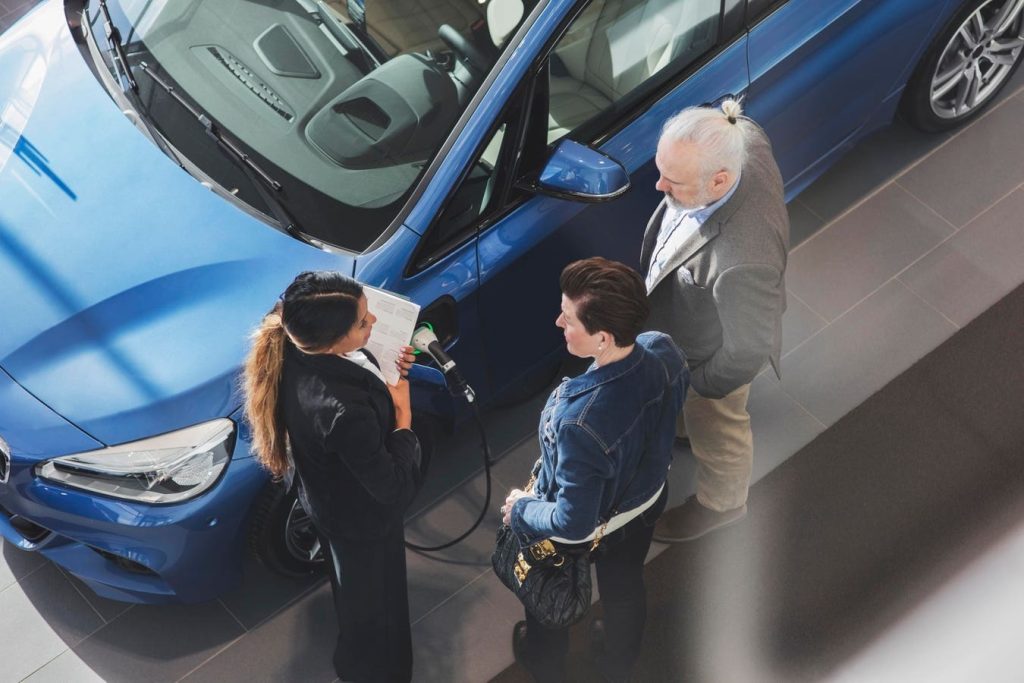Matthew Phillips, CEO of Car Pros Automotive Group, a rapidly growing dealership group with nine stores in WA and CA, recently participated in an event where they gave a brand-new vehicle to a nurse and foster parent selected from over 100 nominees in western Washington. Despite potential skepticism, Phillips believes that car dealerships are an essential part of the community, directly investing in their neighbors through various forms of support, making them one of the last true “Main Street businesses” in the U.S.
Car dealerships, classified as small businesses according to the SBA, contribute significantly to local economies through job creation and tax revenues. They are not owned by large corporations or tech moguls, but by local families who have a vested interest in giving back to their communities. While other small businesses have struggled or disappeared due to corporate takeovers or big chains, many dealerships have remained rooted in their local communities, operating person-to-person sales with their neighbors.
The franchise model of dealerships has proven successful over the years, resisting attempts by tech giants to shift towards direct-to-consumer sales models. The franchise system enables dealers to outsource expenses and management, allowing them to focus on personalized customer service while remaining hyper-local. Companies like EV-only brands have shifted towards the franchise model, recognizing the benefits of local competition, employee opportunities, and community profits that the system offers.
Franchised auto dealerships, a majority of which are family-owned, provide customers with personalized service and competitive pricing. Employees also benefit from opportunities for advancement and higher average salaries, offering a pathway to the middle class. The profits generated by the franchise system support local communities and economies, rather than benefiting Wall Street billionaires. As EV-only companies and large automakers reconsider their sales models, the franchise system is being seen as the best approach for selling all types of vehicles, from educating buyers to expanding service options across communities.
While innovation in the dealership industry is ongoing, the personal and human interaction involved in car sales cannot be replaced by technology alone. Whether through donations, sponsorships, or community involvement, local car dealerships have a tangible impact on their communities that goes beyond the transactional nature of buying and selling vehicles. Today’s car dealership has evolved beyond the negative stereotypes of the past and has positioned itself as a true community partner, embodying the values of a Main Street business that prioritizes the well-being of its neighbors.












